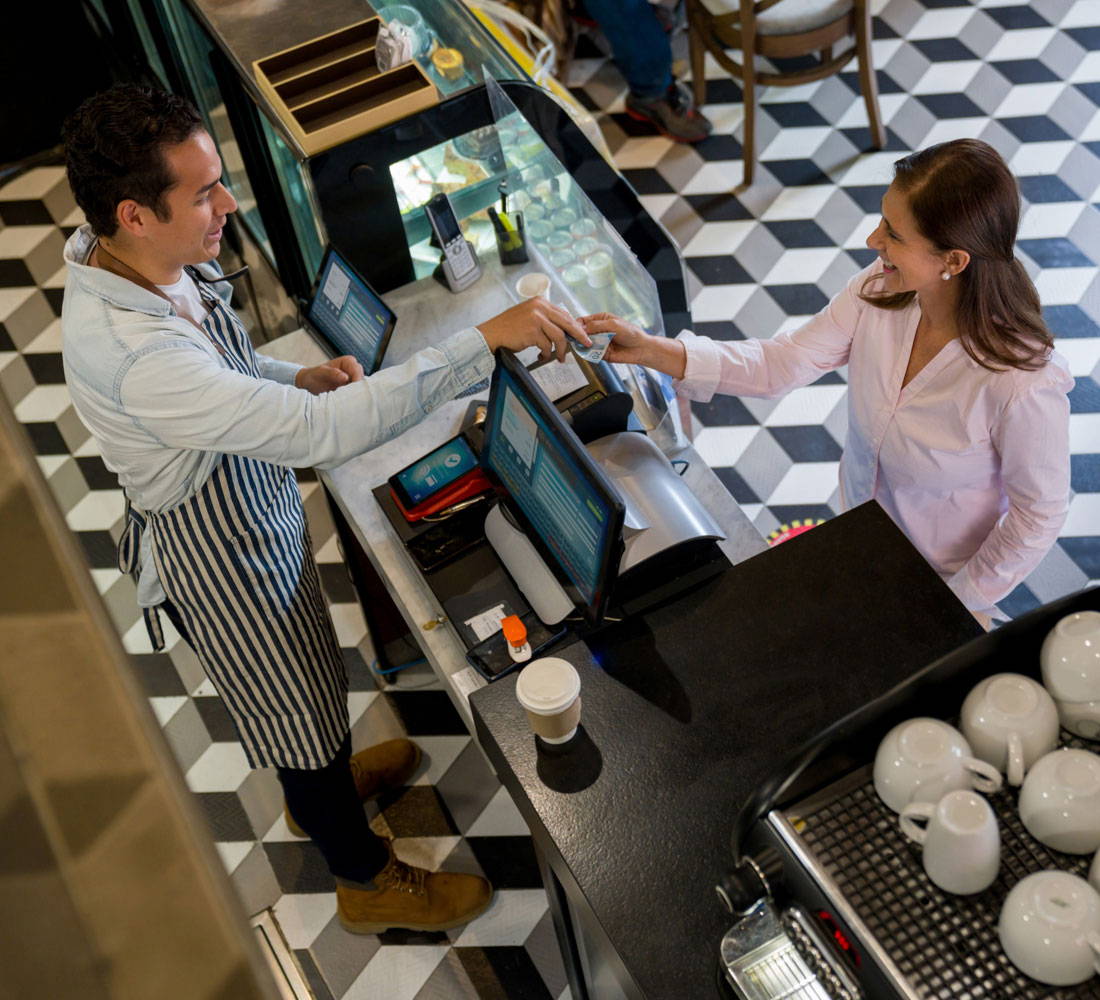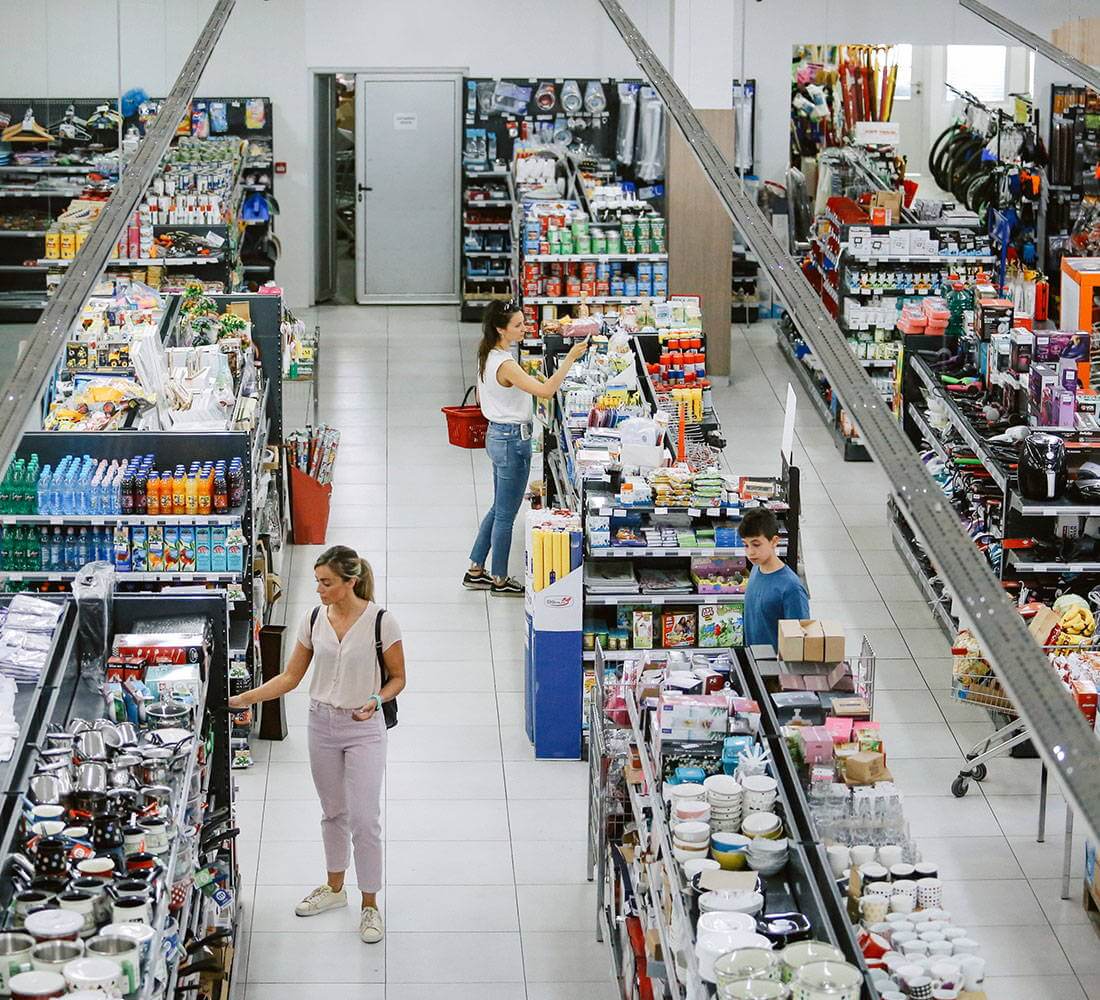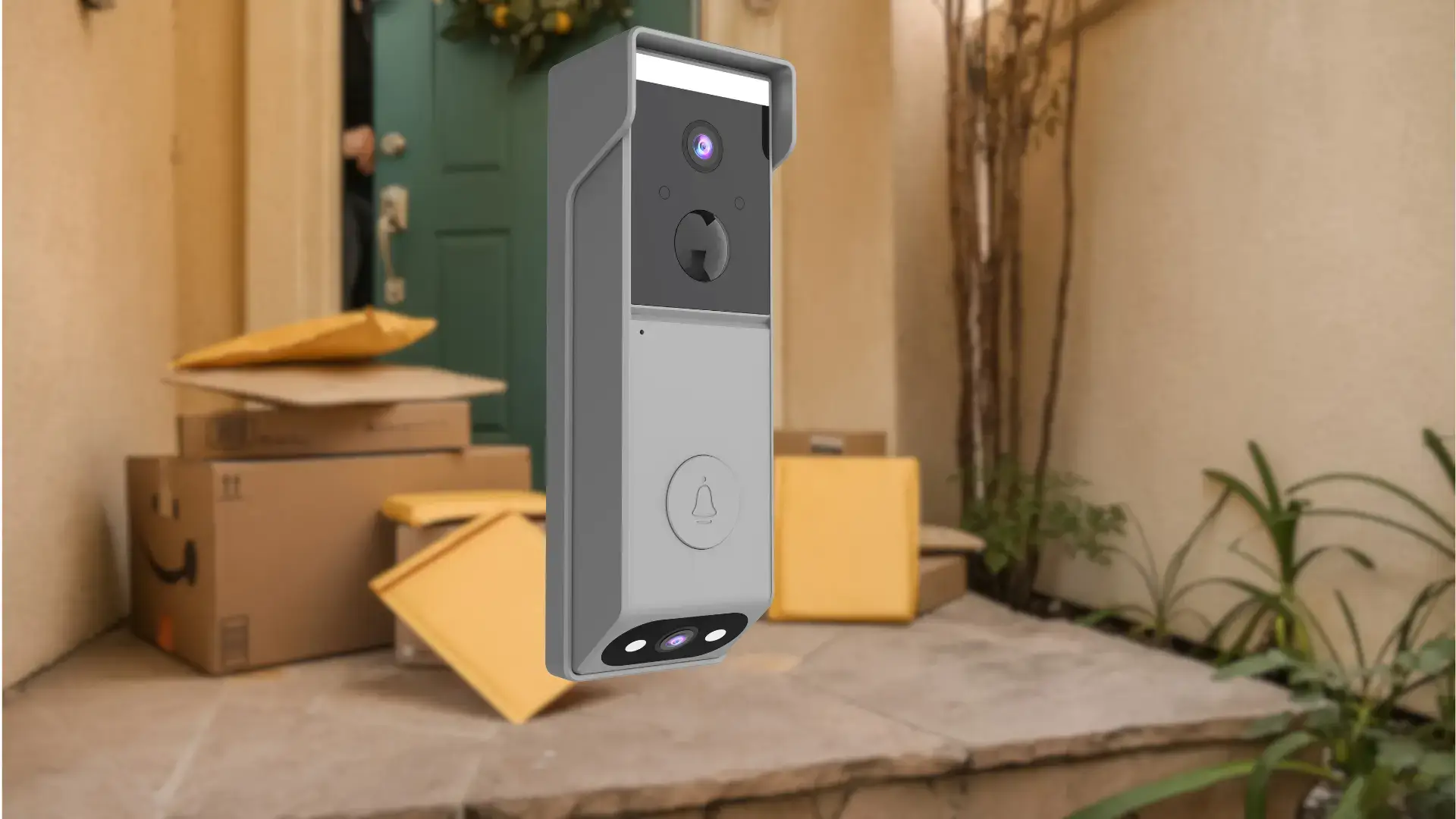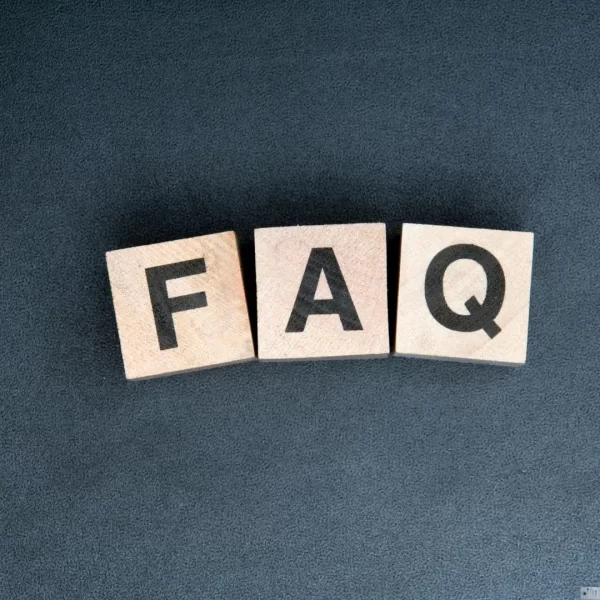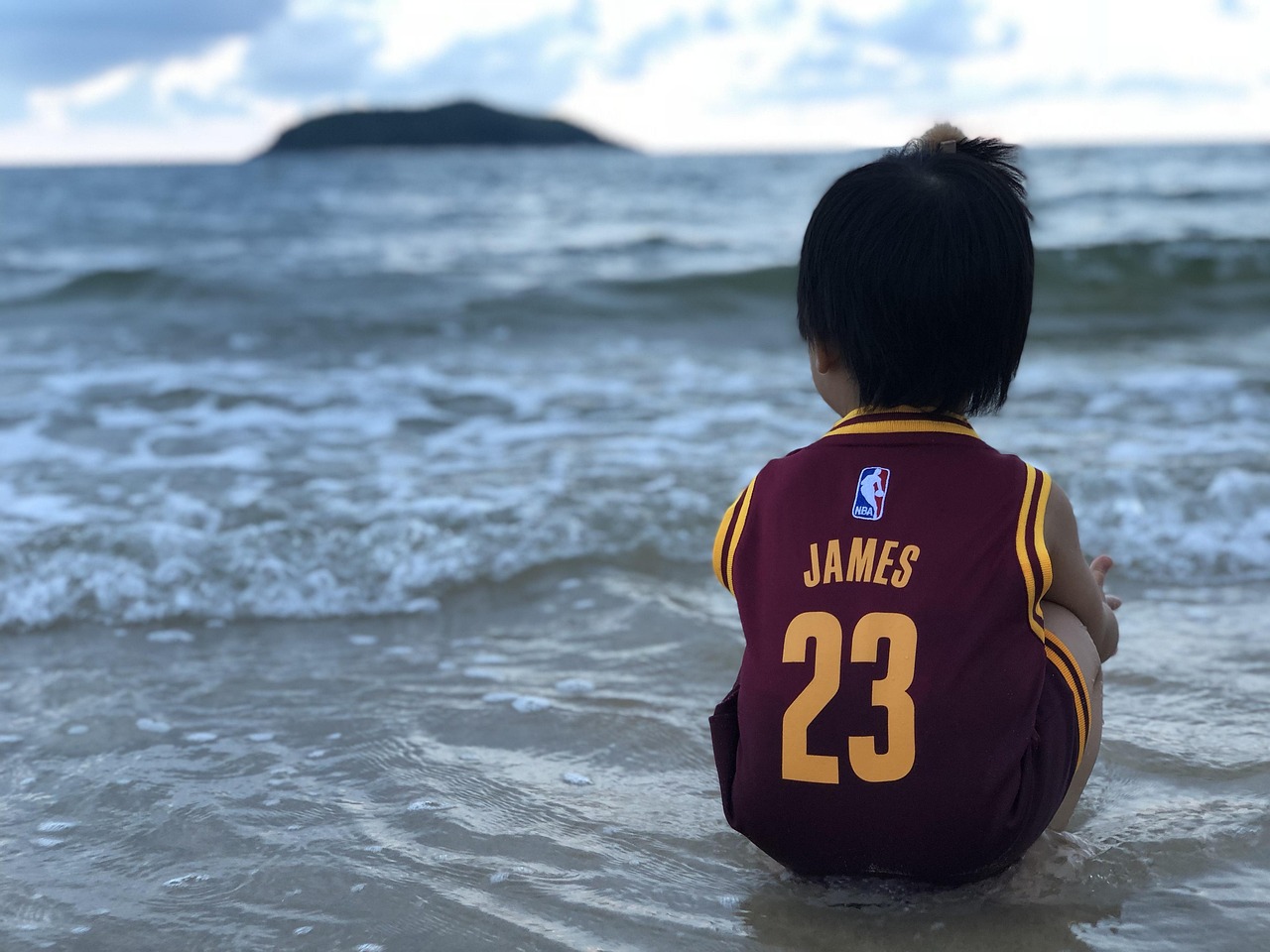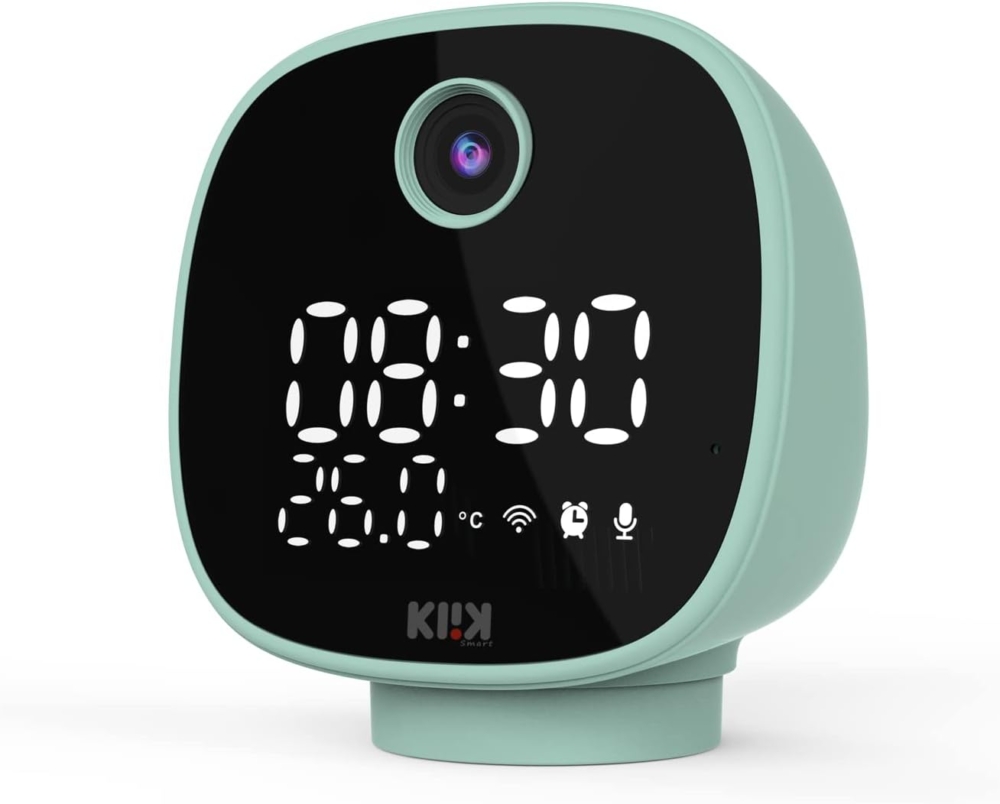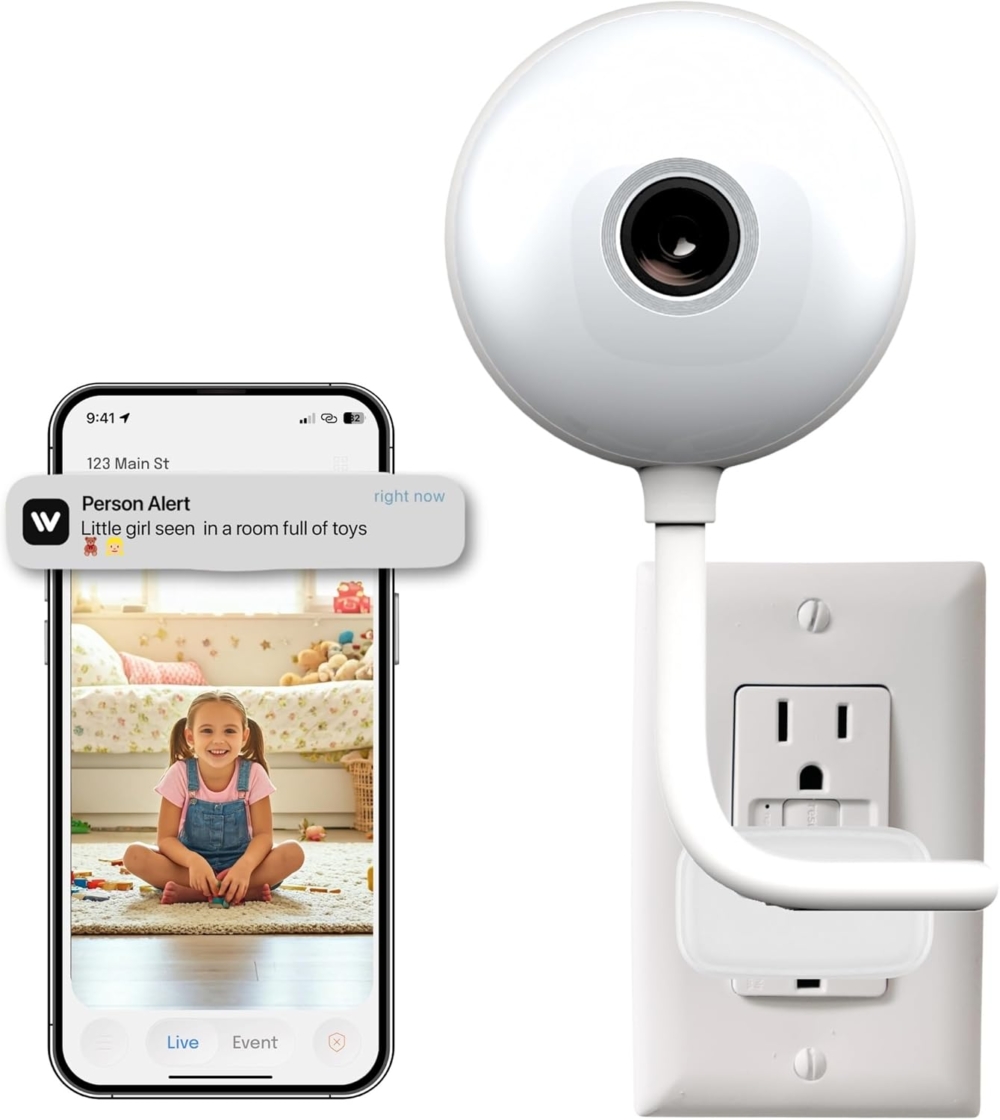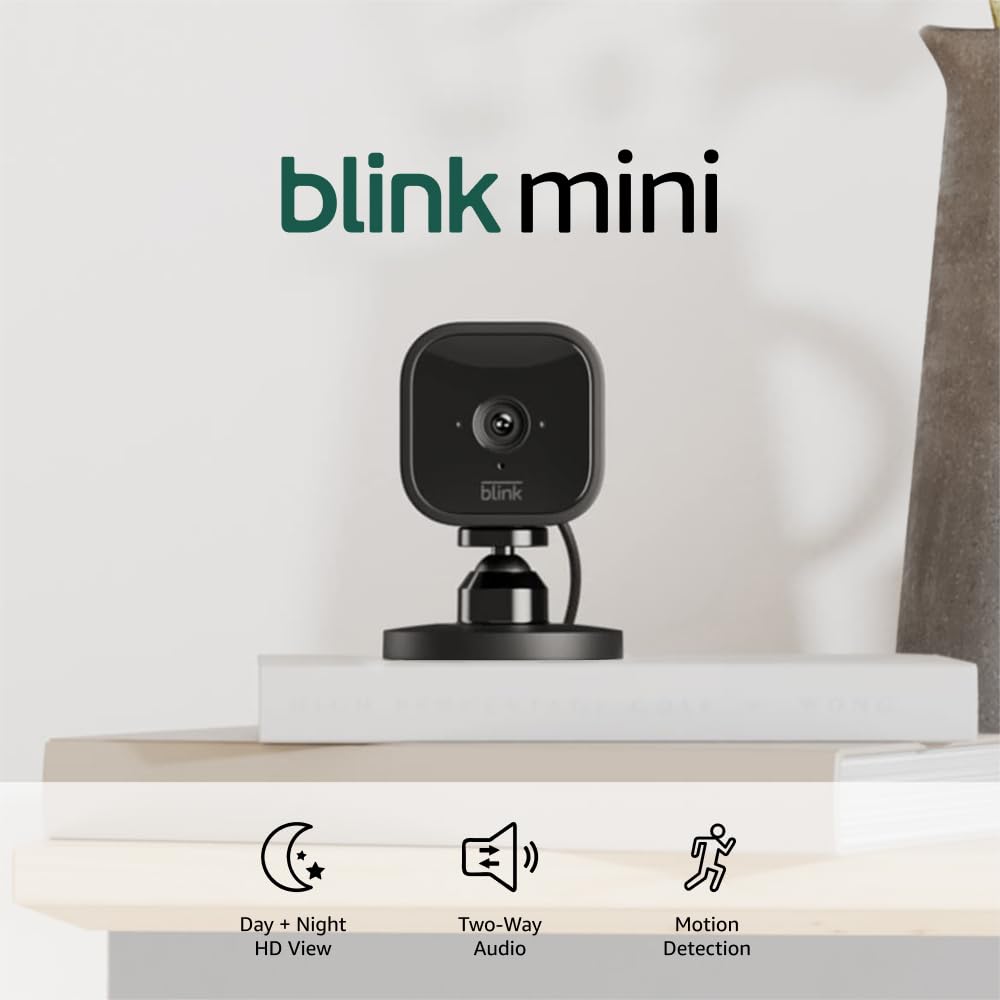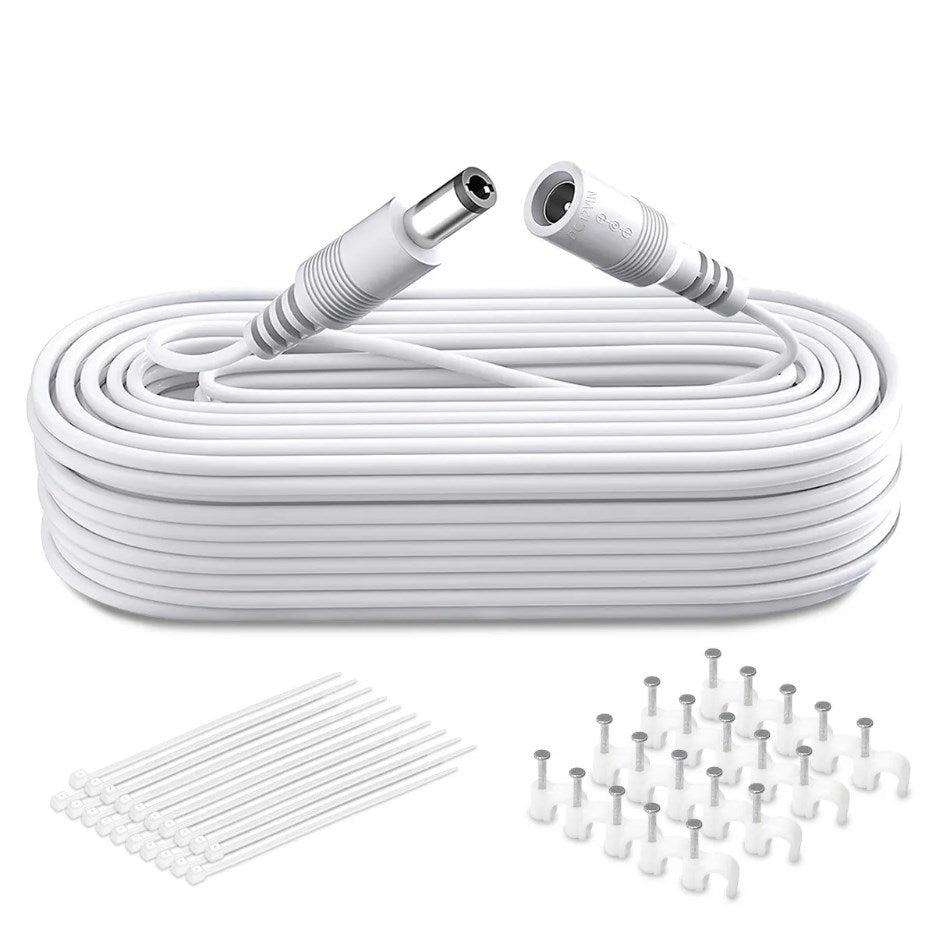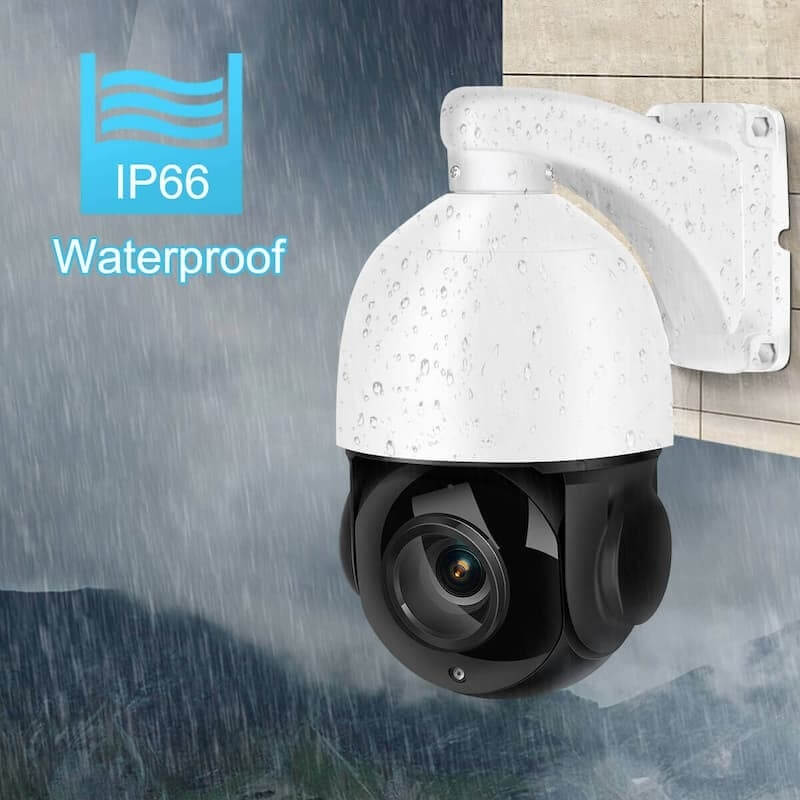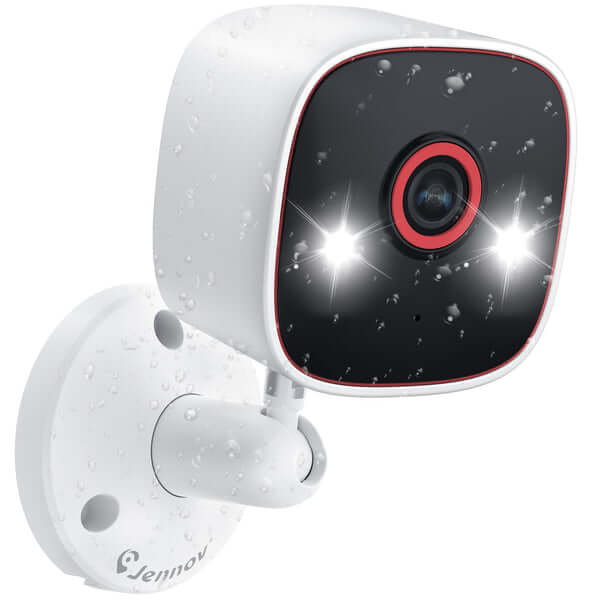Certainly! Here’s the first part of the soft article on the theme “Mother and baby products importer,” followed by the second part.
Bridging Worlds for a Better Start: The Role of a Mother and Baby Products Importer
In the ever-growing realm of early childhood care and maternal wellbeing, the invisible but essential thread that connects high-quality products to parents and babies is often woven by dedicated importers. These industry catalysts serve as the crucial bridge—sourcing, evaluating, and bringing to market everything from organic baby skincare to ergonomic strollers and safe feeding accessories.
The journey of a mother and baby products importer begins long before a box arrives at a retail store or a doorstep. It starts with a passion for nurturing future generations and an understanding of the profound impact that quality, safety, and comfort have on a child’s development and a mother’s peace of mind.
In a globalized economy, the importance of an efficient and responsible import process becomes even more apparent. Countries with rich manufacturing traditions, such as China, India, Vietnam, and Turkey, produce a vast array of baby and maternal goods. The talented importers act as artful navigators—identifying reliable manufacturers, ensuring compliance with safety standards, and establishing trustworthy supply chains.
One of the key roles of an importer is evaluating product quality. With safety being paramount in items that directly touch a baby’s skin or are used daily, rigorous testing and inspection protocols are established. Modern importers work with laboratories and certification agencies to verify that each batch of goods meets strict international standards such as ASTM, EN71, or CPSIA. In this way, they serve as gatekeepers—protecting vulnerable infants from potentially harmful substances such as BPA, phthalates, or heavy metals.
But sourcing isn’t just about safety; it’s also about innovation and aligning products with the latest parenting trends. For instance, the rising demand for eco-friendly and organic products has prompted importers to seek out manufacturers who prioritize sustainable practices. Items like biodegradable diapers, organic cotton clothes, and natural skincare products for infants are becoming staples on the shelves of modern consumers.
Another vital aspect is managing logistics. Importers juggle complex supply chain operations—negotiating with factories, navigating customs, and ensuring timely deliveries. Their expertise in managing documentation, tariffs, and transportation intricacies ensures that the flow of these precious products remains uninterrupted, and families receive what they need when they need it.
Furthermore, they act as cultural and market interpreters. Understanding diverse consumer preferences across regions is crucial. For example, a product suitable for European climate and safety standards might require adjustments for Asian markets, such as different measurements or language labels. Trusted importers serve as cultural liaisons, ensuring products meet local regulations and resonate with local consumers’ needs.
In addition to tangible product management, importers often work closely with brands to develop private label products, customize packaging, and create marketing strategies tailored to each market segment. This personalized approach helps elevate products from commodities to cherished essentials—fostering trust between brands and new parents.
As the backbone of international commerce in mother and baby care, these importers also have a social responsibility. Ethical sourcing, fair labor practices, and environmentally conscious operations aren’t just buzzwords—they are critical components of sustainable business models. Modern consumers are increasingly scrutinizing brands and the supply chains behind their favorite products, making transparency and corporate responsibility key factors in an importer’s reputation.
In conclusion, the role of a mother and baby products importer extends beyond paperwork and trade negotiations; it embodies a deep commitment to nurturing life’s earliest stages with care, safety, and love. Their expertise ensures that families worldwide have access to products that support healthy growth and joyful parenting, all while keeping pace with innovation and global standards.
From Global Markets to Local Cribs: How Importers Shape Parenthood Across Continents
As the world becomes more interconnected, the influence of importers in the mother and baby products industry isn’t just about trade—it’s about shaping the very experience of parenthood across cultures and continents. Through their diligent work, they help bridge diverse traditions, technological advancements, and safety standards, making the journey of parenthood smoother, safer, and more joyous for families everywhere.
One of the most compelling contributions of importers is their role in enabling access to cutting-edge products from around the globe. Imagine a parent in a busy urban city who finds comfort in a state-of-the-art baby monitor from Korea or an eco-friendly stroller from Scandinavia. These products often originate thousands of miles away, but thanks to importers, they appear seamlessly in local markets, offering choices that might have otherwise been out of reach.
This access to international innovations translates into tangible benefits. For instance, advancements in ergonomic design have revolutionized infant seating and carriers, reducing strain on parents while offering babies optimal comfort. Likewise, innovative feeding gadgets that mimic natural breastfeeding help mothers who struggle with traditional breastfeeding options—imports that provide real relief and bonding opportunities.
Moreover, importers influence the cultural landscape of parenting by introducing global trends. Organic, biodegradable, and toxin-free baby products are no longer niche items; they are increasingly mainstream, driven in part by importers who make them available across markets. This cross-pollination of ideas fosters a more conscious, sustainable approach to parenting—something that resonates with modern values.
On the regulatory front, importers play an essential role in navigating the maze of international standards and certifications. They are proactive in ensuring compliance, which in turn eases the burden on local retailers and consumers. This diligence reduces the risks associated with importing products that might inadvertently contravene safety norms, thus preventing potential health hazards and legal complications.
Another nuanced layer involves the customization of products for different markets. Recognizing that cultural sensitivities, languages, and lifestyles vary, importers often facilitate adjustments—be it packaging in local scripts, designing culturally appropriate themes, or modifying product instructions for easy comprehension. Their bridging expertise ensures that these essentials do not just arrive but truly resonate with local parents’ expectations and needs.
The importance of storytelling and branding also falls into the hands of importers. With the surge of online retail and social media influences, consumers seek authenticity and transparent narratives about the products they trust for their children. Importers help craft these stories by working closely with brands to communicate safety features, origins, and sustainability credentials effectively, fostering trust and loyalty over time.
Sustainability is a front-runner among global priorities, and importers are at the forefront of this movement. As consumers demand eco-friendly options, importers seek out suppliers committed to environmentally responsible manufacturing, fair labor practices, and long-term ecological balance. These efforts contribute to a cycle where quality and responsibility go hand in hand, ultimately benefiting families and the planet alike.
Looking to the future, technological integration will likely further transform this industry. Smart logistics powered by AI and blockchain can enhance transparency, traceability, and efficiency. Imagine parents tracking the journey of their baby’s stroller from a factory in Vietnam to their doorstep in California, assured of quality and compliance every step of the way. Importers will inevitably evolve into data-driven stewards, leveraging innovation to better serve families’ needs worldwide.
In essence, the role of a mother and baby products importer extends beyond the physical act of moving goods across borders. They are facilitators of cultural exchange, custodians of safety, pioneers of innovation, and champions of sustainability. They help create a global family in which every parent has access to tools, comforts, and care that support the incredible journey of raising a child.
Every product imported embodies a promise—a promise of quality, safety, and love. These vital connectors ensure that amidst the chaos of modern life, parents can find solace in knowing they have the best for their little ones, regardless of where they are in the world. So next time you see a thoughtfully designed baby product in your local store or online, remember the intricate ballet of sourcing, safety checks, and cultural negotiations that brought it from distant factories to your home, all thanks to the diligent efforts of a mother and baby products importer.


